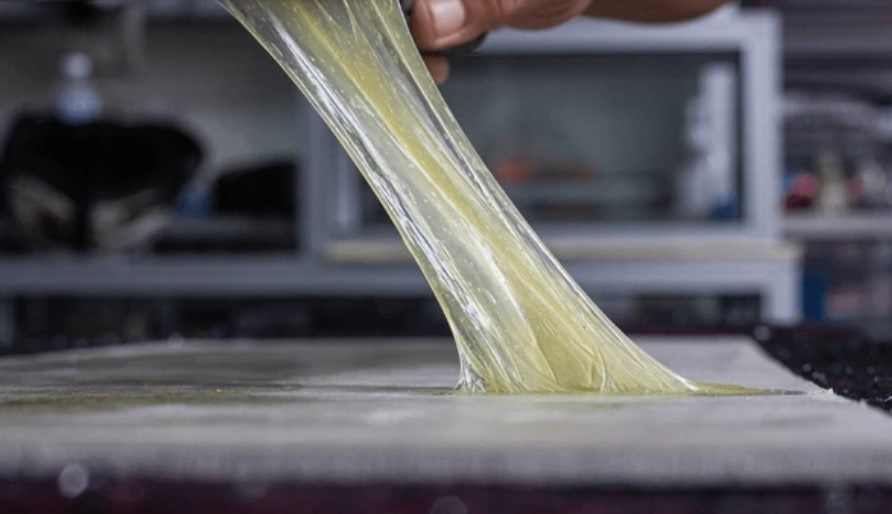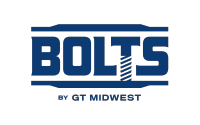Essential Abrasive Tools for Industrial Operations
Posted on Tuesday Mar 25, 2025 at 10:10AM in Technology

Essential Abrasive Tools for Industrial Operations
Productivity, precision, and performance are the keys to competitiveness in an industrial environment. From metal fabrication to surface preparation, abrasive tools are essential in many manufacturing processes. The right abrasive tools can dramatically improve efficiency and output, ensuring quality results with less downtime. Stay here as we explore the must-have abrasive tools every industrial operation needs, such as grinding wheels, sanding belts, and flap discs. Despite the material you focus on, we'll dive into the tools that work best for specific tasks and composites.
Grinding Wheels: The Workhorses of Industrial Grinding Grinding wheels are among the most fundamental abrasive tools in any industrial setting. These circular discs made from abrasive grains bound together with a bonding agent, are used to grind or cut through materials like metal, stone, and even some plastics. Grinding wheels are incredibly versatile and can be used for metal fabrication, heavy surface grinding, or tool sharpening.
Types of Grinding Wheels
Choosing a grinding wheel depends on the material and the job at hand.
Common types include:
- Straight Grinding Wheels: Best for cylindrical and surface grinding tasks.
- Cup Grinding Wheels: Ideal for working on flat surfaces, such as stone or concrete.
- Cut-Off Wheels: These thin wheels are designed for cutting through metal quickly and efficiently.
Sanding Belts: Precision in Surface Preparation Sanding belts are essential for surface preparation, smoothing, and finishing. They are continuous loops of abrasive material used primarily in belt sanders to create a uniform finish on various surfaces. Sanding belts are often used for woodworking, metal surface prep, and polishing or removing rough edges on plastics and other composites.
Types of Sanding Belts.
- Aluminum Oxide Belts: The most commonly used type, aluminum oxide belts, are great for general-purpose sanding on wood, metal, and plastic.
- Zirconia Alumina Belts: These belts are highly durable and excellent for heavy material removal, especially on metals like steel.
- Ceramic Belts: Ceramic belts are best suited for industrial grinding tasks where high heat is generated, as they are heat-resistant and designed to last longer.
Selecting the right sanding belt for the material and task is critical to achieving a smooth, consistent finish while maintaining productivity. Make sure to match the grit level of the sanding belt to the job—coarse grits for heavy removal and finer grits for finishing.
Flap Discs: Combining Grinding and Finishing Flap discs are another indispensable tool in industrial settings. They are composed of overlapping layers of abrasive material arranged in a circular pattern. Flap discs combine a grinding wheel's grinding capabilities with a sanding disc's finishing capabilities, making them a versatile tool for various tasks like welding, blending, and finishing.
Types of Flap Discs
- Aluminum Oxide Flap Discs are great for general-purpose grinding and finishing tasks on metals and wood.
- Zirconia Flap Discs are best for more aggressive grinding tasks, such as deburring or working on harder metals like stainless steel.
- Ceramic Flap Discs are ideal for high-heat applications, where longevity and durability are critical.
Flap discs are highly efficient. They allow users to grind and finish in one step, thus increasing productivity and reducing the need to switch tools. Abrasive Tools for Industry: Maximizing Productivity and Efficiency Using the correct abrasive tool for your industrial application improves the quality of your work and enhances overall productivity.
Here are some tips to ensure you're getting the most out of your abrasive tools: Material Match Always select the abrasive tool based on the material you're working with. For instance:
- Metal Fabrication: Zirconia or ceramic abrasives are better suited for stricter materials like steel.
- Woodworking: Aluminum oxide sanding belts are great for smooth, fine finishes on wood surfaces.
- Composites and Plastics: Avoid damage by using softer abrasives, such as silicon carbide.
Right Grit Level
The grit size of the abrasive plays a crucial role in determining the finish. Coarse grit removes material faster but leaves a rough surface, while fine grit provides a smoother finish but works slower. For initial shaping, use coarser grits and switch to finer ones for finishing.
Tool Maintenance
Abrasive tools wear down over time, so regular maintenance is crucial. Change your grinding wheels, sanding belts, and flap discs as needed to ensure you maintain productivity and avoid inefficient material removal or tool damage.
Proper Safety Measures
Industrial grinding and cutting processes can generate sparks, dust, and debris, making safety gear essential. To safeguard against potential hazards, always wear proper protective equipment, including gloves, eye protection, and respiratory masks.
Industrial operations rely heavily on abrasive tools for cutting, grinding, sanding, and finishing tasks. The right tools—such as grinding wheels, sanding belts, and flap discs—can dramatically improve productivity, precision, and the overall quality of work. Whether you're in metal fabrication, woodworking, or surface preparation, selecting the correct abrasive tools for your materials and tasks is essential. By investing in high-quality abrasive tools and ensuring they're suited to your specific industrial needs, you'll see a marked improvement in your manufacturing processes and productivity.
Explore GT Midwest's full range of cut-off and grinding tools, adhesives, and sealants to take your industrial operations to the next level.

